
Limburger cheese, renowned for its distinctively strong aroma, is a semi-soft cheese that has garnered both curiosity and admiration from cheese enthusiasts around the world. Originating from the historical Duchy of Limburg, which is now divided among modern-day Belgium, Germany, and the Netherlands, Limburger has a storied past that dates back to the 19th century. It's a cheese that's as rich in history as it is in flavor and scent.
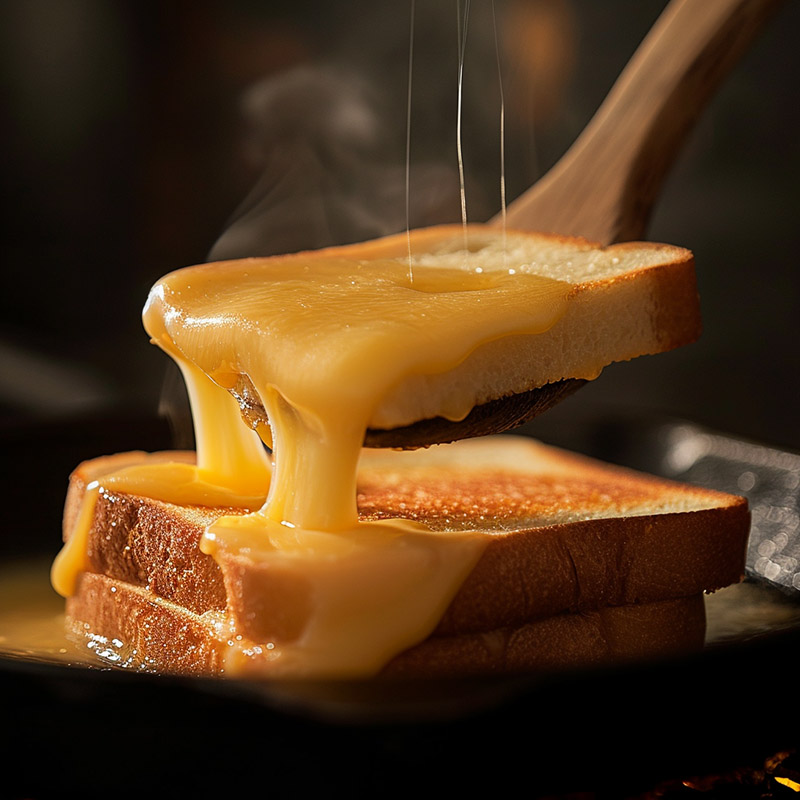
The cheese is made from pasteurized cow's milk. Its most notable characteristic, the pungent aroma, develops as the cheese matures. Aged for about three months, Limburger achieves its characteristic strong smell due to the bacteria Brevibacterium linens, which is also responsible for the odor of human skin and body odor. This might sound off-putting, but it's this very characteristic that draws many to appreciate Limburger as a unique culinary experience.
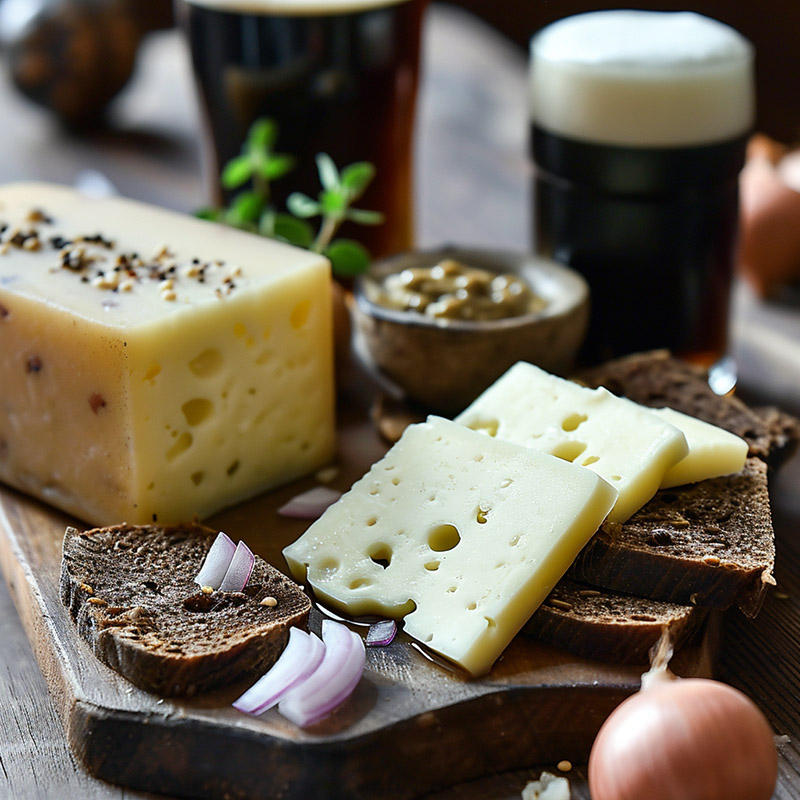
In terms of texture, Limburger starts off firm and crumbly but becomes softer and more spreadable as it ages. Its rind is thin and orange, with a slightly sticky texture. The interior of the cheese is more pale and creamy. As for the taste, Limburger's flavor is surprisingly mild and somewhat tangy, contrasting with its strong smell. It has a slightly grassy and yeasty taste, and the flavor intensifies as the cheese ages.
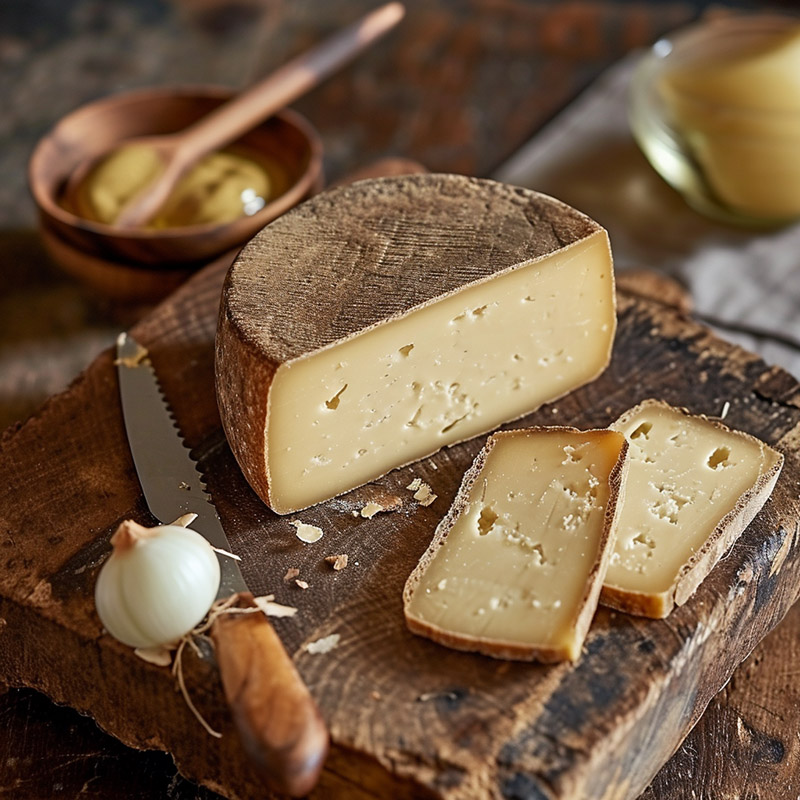
Limburger is traditionally served at room temperature. It's often enjoyed on rye bread with a strong cup of black coffee or a steaming mug of tea. In Belgium and Germany, it's commonly paired with onions and mustard. Beer, especially a hearty ale or a lager, is also a popular accompaniment to Limburger cheese, as the robust flavors of the beer can stand up to the strong taste and smell of the cheese.
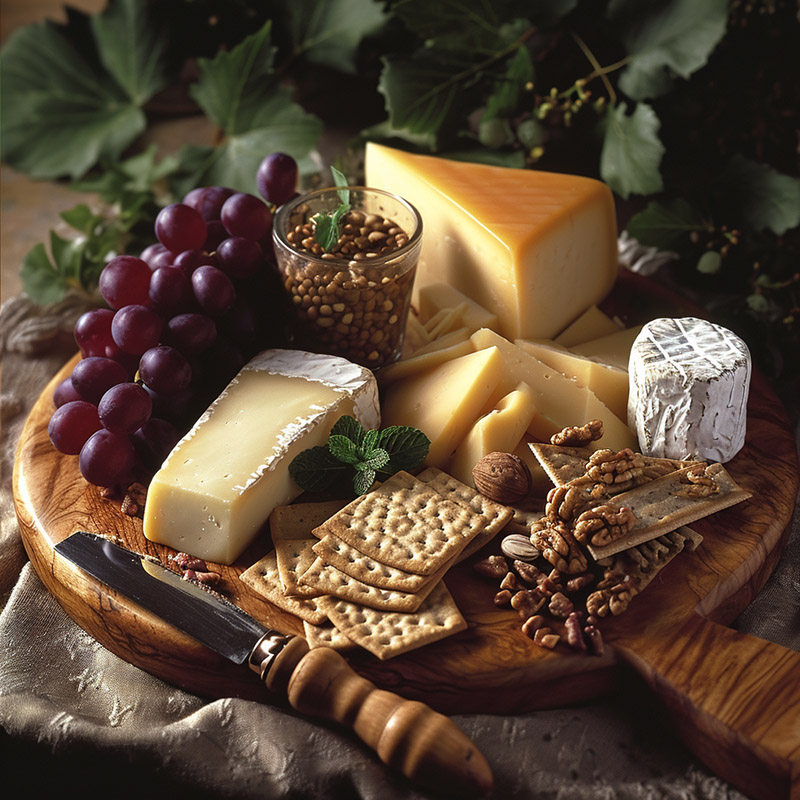
In addition to its consumption as a standalone item, Limburger can be used in various culinary preparations. It melts well, making it suitable for dishes like grilled cheese sandwiches or incorporated into sauces. However, its potent aroma means it's a cheese that one either loves or dislikes, so it's typically used in a way that either highlights or balances its distinct characteristics.
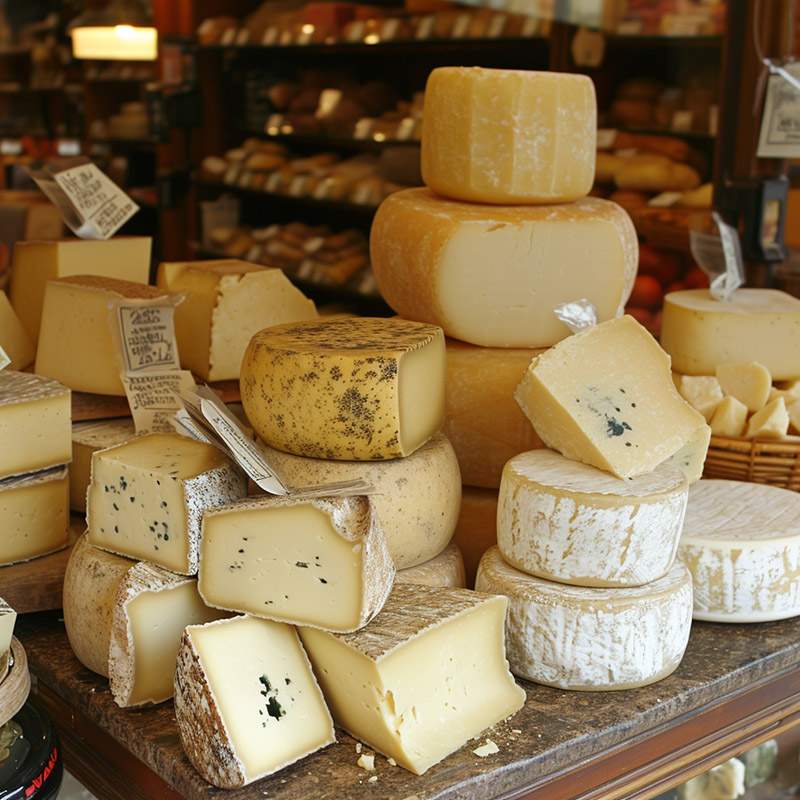
Nutritionally, Limburger is rich in protein and calcium, but it's also high in saturated fats and cholesterol. Like many cheeses, it should be consumed in moderation, particularly by those watching their fat intake.
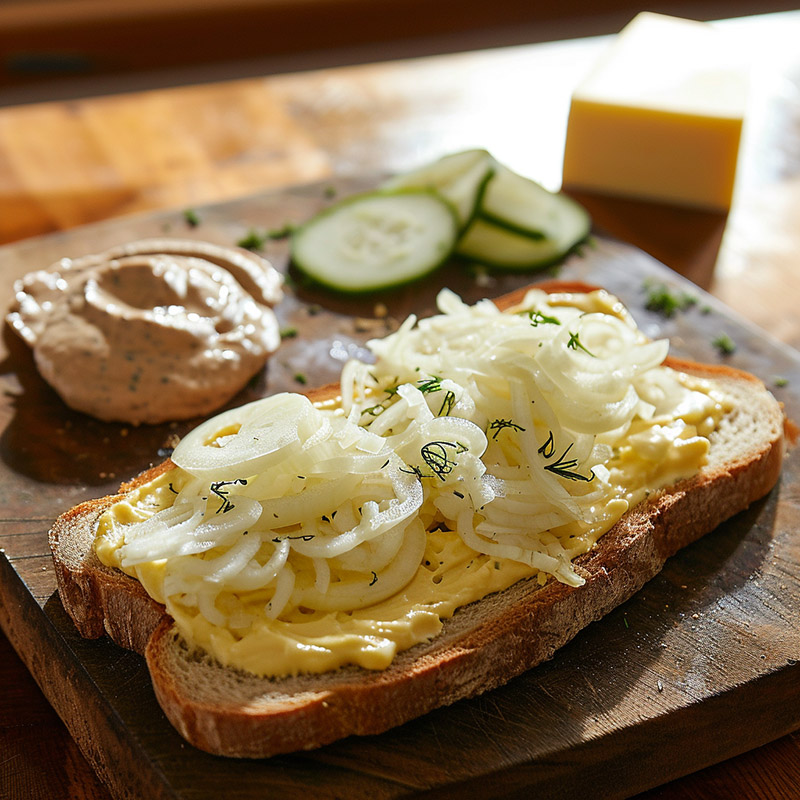
In popular culture, Limburger cheese has often been referenced for its strong smell, making appearances in cartoons and comedy sketches. However, for cheese aficionados, Limburger is a delicacy that's cherished for its unique place in the cheese world. It's a testament to the diverse range of flavors and textures that can be achieved through the art of cheese-making, and a must-try for those looking to expand their culinary horizons.
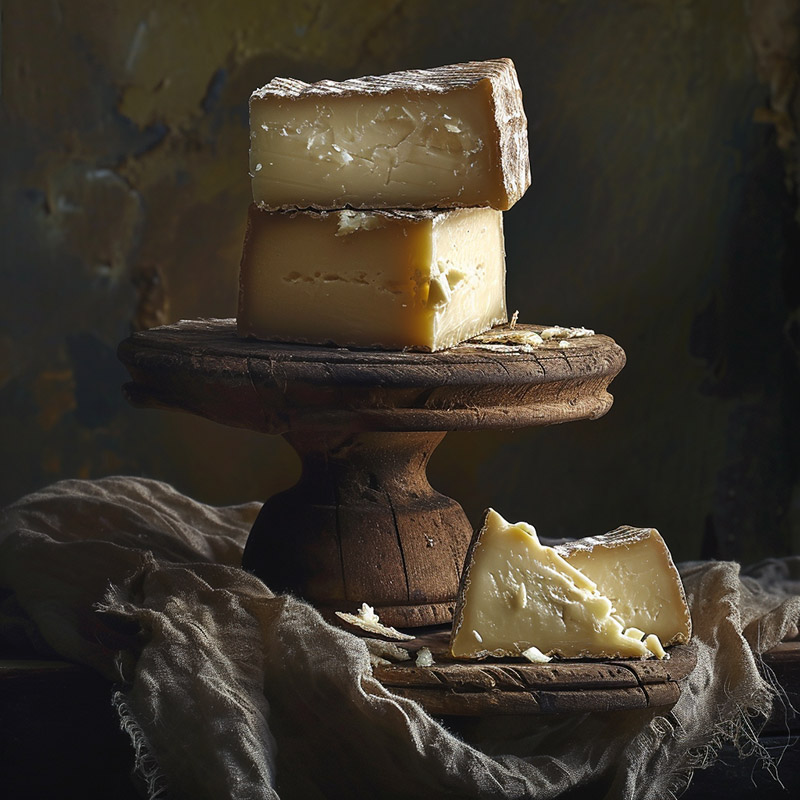
Attracting Mosquitoes
According to the Georgia Pest Management Newsletter of February 2000, progress is being made towards finding an effective attractant to mosquitoes. Since learning that some attractive components transferred from human skin to glass, scientists have been trying to find out what chemical components will attract mosquitoes. It has been discovered that dirty socks and Limburger cheese are very attractive to mosquitoes. The main ingredient in Limburger cheese is a bacterium found on the human foot.